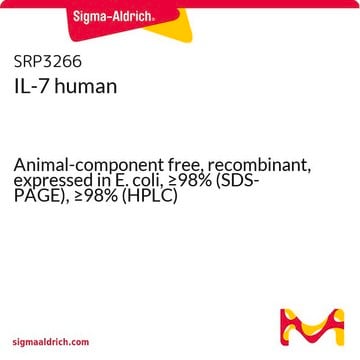I1284
Isopropyl β-D-thiogalactopyranoside solution
ReadyMade IPTG solution for Blue-white screening
Synonym(s):
IPTG solution
About This Item
Recommended Products
grade
for molecular biology
Quality Level
description
non-ionic
form
liquid
mol wt
238.3
shipped in
dry ice
storage temp.
−20°C
SMILES string
CC(C)S[C@@H]1O[C@H](CO)[C@H](O)[C@H](O)[C@H]1O
InChI
1S/C9H18O5S/c1-4(2)15-9-8(13)7(12)6(11)5(3-10)14-9/h4-13H,3H2,1-2H3/t5-,6+,7+,8-,9+/m1/s1
InChI key
BPHPUYQFMNQIOC-NXRLNHOXSA-N
General description
Application
- used as an inducer for the expression of single domain antibodies(sdAbs) in E coli and bioactive peptides
- used in its half-life and decay studies
- suitable for induction of recombinant protein expression in systems controlled by the lac repressor
Biochem/physiol Actions
Principle
Related product
Storage Class
10 - Combustible liquids
wgk_germany
WGK 2
flash_point_f
Not applicable
flash_point_c
Not applicable
ppe
Eyeshields, Gloves, multi-purpose combination respirator cartridge (US)
Certificates of Analysis (COA)
Search for Certificates of Analysis (COA) by entering the products Lot/Batch Number. Lot and Batch Numbers can be found on a product’s label following the words ‘Lot’ or ‘Batch’.
Already Own This Product?
Find documentation for the products that you have recently purchased in the Document Library.
Customers Also Viewed
Our team of scientists has experience in all areas of research including Life Science, Material Science, Chemical Synthesis, Chromatography, Analytical and many others.
Contact Technical Service







